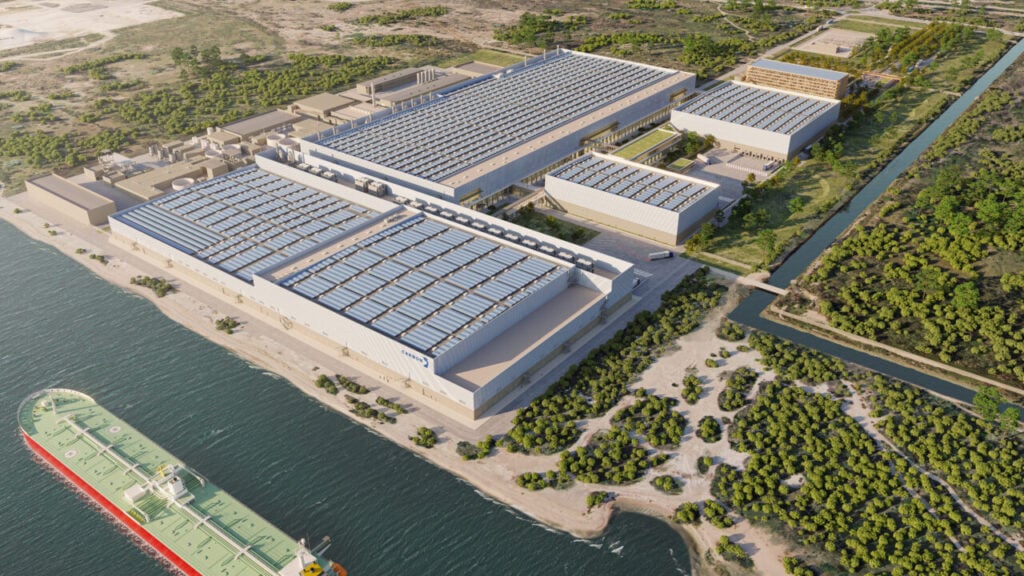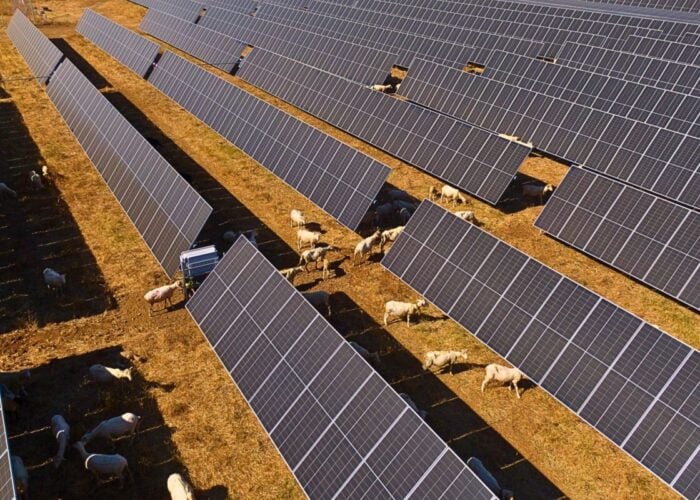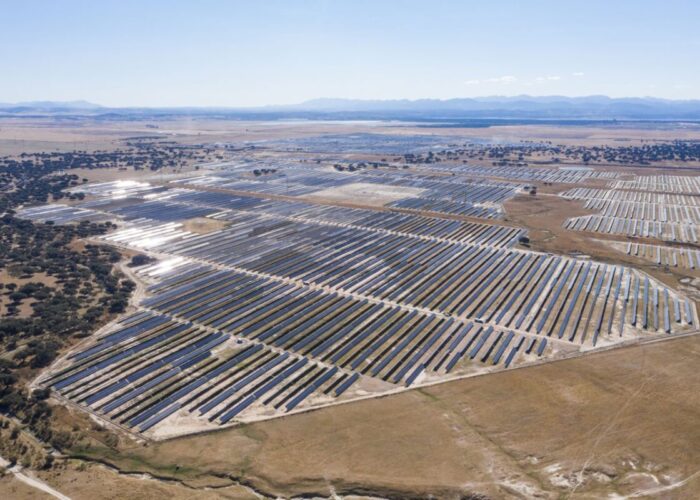
The European Commission (EC) has launched a €3.4 billion (US$3.6 billion) call to support the development of “innovative decarbonisation technologies in Europe”, including net zero technology manufacturing and the production of batteries for use in electric vehicles (EVs).
The project consists of two funds, the larger being the €2.4 billion ‘Net-Zero Technologies Call’ which will back renewable energy component manufacturing projects, energy storage, heat pumps and hydrogen production. Proposals will be assessed on their potential impacts on greenhouse gas emissions, degree of innovation, project maturity, replicability and cost efficiency, and applicants will have until 24 April 2025 to submit their proposals, with successful applicants expected to sign grant agreements by the first quarter of 2026.
Unlock unlimited access for 12 whole months of distinctive global analysis
Photovoltaics International is now included.
- Regular insight and analysis of the industry’s biggest developments
- In-depth interviews with the industry’s leading figures
- Unlimited digital access to the PV Tech Power journal catalogue
- Unlimited digital access to the Photovoltaics International journal catalogue
- Access to more than 1,000 technical papers
- Discounts on Solar Media’s portfolio of events, in-person and virtual
The scheme can be further supported by an option called ‘Grants-as-a-Service’, where individual national governments within the EU can grant additional funding to projects already selected under the Net-Zero Technologies Call.
The second fund is a €1 billion EV battery cell manufacturing fund that will support projects that produce “innovative” EV cells or use “innovative manufacturing techniques, processes and technologies”. The EC and European Investment Bank (EIB) have also launched a new partnership, including a €200 million loan guarantee for the InvestEU programme, to aid in battery manufacturing across Europe.
The EC also announced a further €1.2 billion in finance from revenues from the EU Emissions Trading System (ETS) to support production of renewable hydrogen in Europe.
“By investing more than €4.5 billion in clean technologies at the very beginning of the mandate, the Commission is showing its commitment to deliver on its decarbonisation objectives, and to support European industries’ competitiveness in key strategic sectors,” said Teresa Ribera, executive vice-president for clean, just and competitive transition at the EC.
“The new resilience criteria for hydrogen and batteries will boost Europe’s industrial leadership and competitiveness while enhancing the EU’s strategic autonomy.”
Supporting European manufacturing
These latest funds come as Europe looks to shore up its clean energy manufacturing space, particularly in the solar and storage sectors. In May, the European Council passed the Net-Zero Industry Act (NZIA), which has sought to simplify the permitting process and improve access to market for clean energy technologies, and was a topic of conversation at this summer’s Intersolar Europe event in Germany.
French firms Carbon and Holosolis have also made plans to build new solar manufacturing capacity in Europe, with the latter’s CEO Jan Jacob Boom-Wichers telling PV Tech Premium this summer that Europe has “everything” necessary to build a robust solar manufacturing industry.
However, the relocation of Swiss manufacturer Meyer Burger from the European to the American market was a blow for the perceived viability of renewable energy manufacturing in Europe. Then-CEO Gunter Erfurt called the EU’s support of solar manufacturing “a massive disappointment”.







